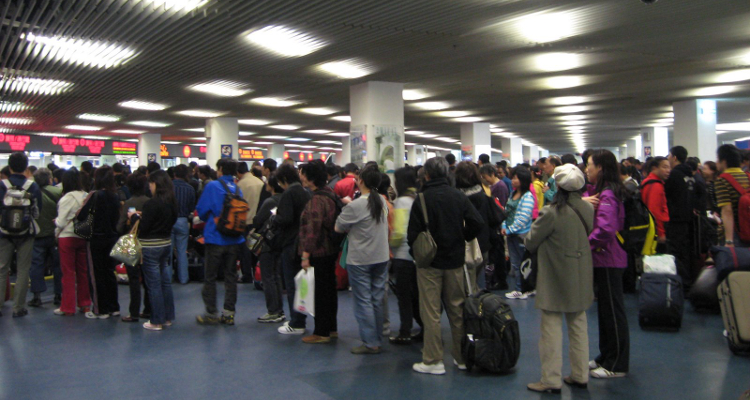In Macau, yesterday reportedly saw local customs officials begin enforcement of a new compulsory currency declaration scheme that sees all high-value individuals traveling to and from the city required to officially inform guards if they are carrying large amounts of cash.
According to a report from GGRAsia, the new system, which was approved by the former Portuguese enclave’s 33-member Legislative Assembly in late-May, was designed as a way to combat illegal money laundering and obliges all visitors to inform the Macau Customs Service if they are in possession of cash or any ‘negotiable monetary instruments’ worth in excess of $15,000.
GGRAsia reported that the new measure moreover covers travelers’ checks, promissory notes, banker’s drafts, payment orders and gold coins while anyone found guilty of failing to comply could be subjected to fines ranging from $124 up to $62,223.
In addition, GGRAsia explained that the new scheme now sees submitted customs declaration forms kept for five years after which time they are to be destroyed if no suspicion of wrongdoing subsequently comes to the attention of authorities.
Financial services firm JP Morgan Securities Asia Pacific Limited reportedly advised investors in June that the new measure had not been designed to target the gambling industry nor is it part of China’s strict controls on capital but was merely an effort by Macau to ‘adopt the international standards of anti-money laundering’. The guidance from analysts DS Kim and Sean Zhuang purportedly also detailed that the scheme would not impact casinos as visitors to Macau from mainland China could previously only legally import up to $3,016 per trip while VIP players ‘usually do not carry cash across the border’ but prefer to gamble utilizing credit or other forms of finance supplied by junket operators.



